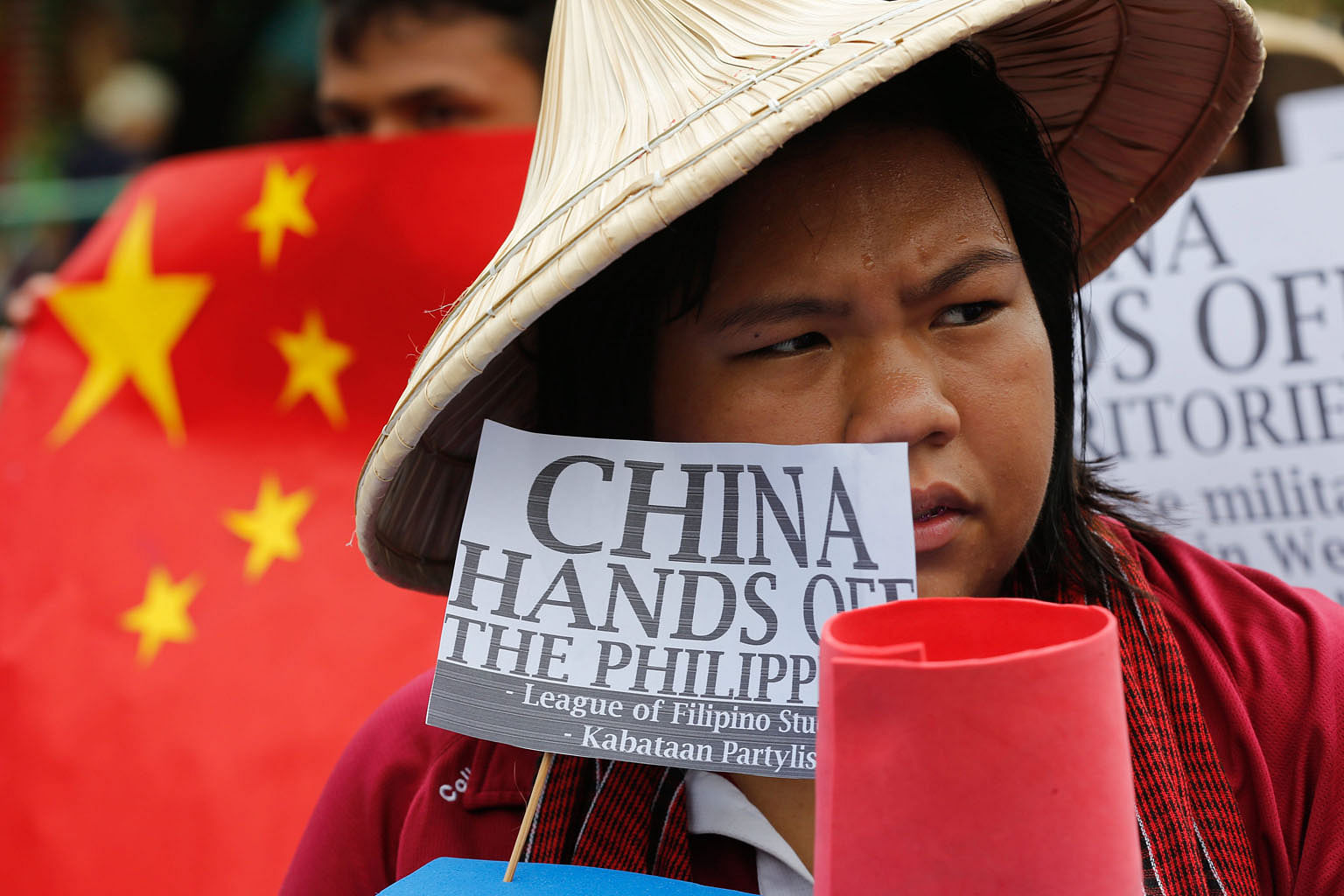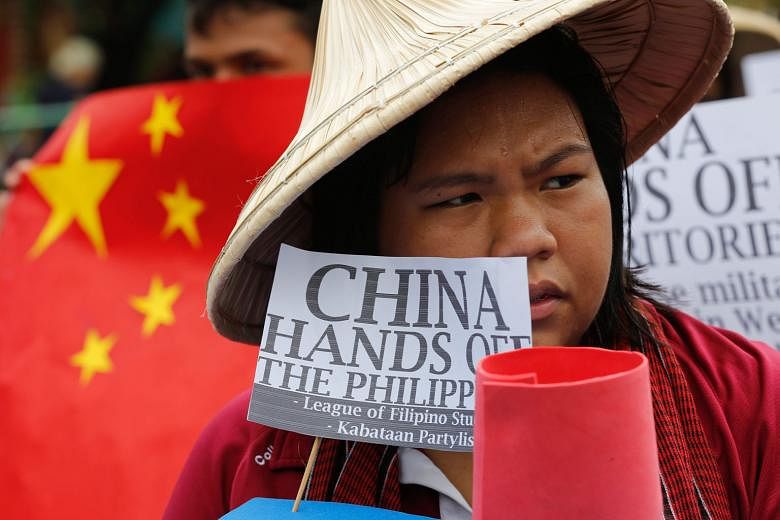On March 5, The Straits Times published a commentary by Chen Xiaodong, China's Ambassador to Singapore, on the South China Sea arbitration and headlined "China's non-participation lawful". This comment is a response to some of the points in that commentary.
First, Ambassador Chen states that the Philippines instituted the arbitration without obtaining the prior consent of China, and this is contradictory to the generally accepted norm that arbitration should be filed with the agreement of the parties concerned.
In fact, the 1982 United Nations Convention on the Law of the Sea (Unclos) specifically provides that any dispute concerning the interpretation or application of the convention, where no settlement has been reached by negotiation, may be submitted at the request of any party to the dispute, to a court or tribunal having jurisdiction. No additional consent by the other party is required.
Every state that is a party to Unclos consents to this procedure, which is not contrary to any generally accepted norm. In fact, there are more than 50 United Nations conventions that provide that a party to the convention has the right to unilaterally institute proceedings against another party before an arbitral tribunal if a dispute arises that cannot be resolved by negotiation.
Second, Ambassador Chen is correct in stating that the underlying issue in the South China Sea is the competing claims to territorial sovereignty over the disputed islands, and the arbitral tribunal has no jurisdiction to make any ruling on that issue. He is also correct in stating that the arbitral tribunal has no jurisdiction over the issues excluded by China's declaration under Article 298 of Unclos, including the delimitation of maritime boundaries and the lawfulness of military activities.
However, in its award on jurisdiction, the arbitral tribunal ruled that it has jurisdiction to decide certain disputes between the parties on the interpretation or application of the provisions of Unclos because these issues do not require it to address issues of territorial sovereignty or to delimit maritime boundaries.

For example, it ruled that it can decide whether a particular feature is an "island" entitled to an exclusive economic zone and continental shelf of its own, a "rock" entitled only to a territorial sea, or a "low-tide elevation" entitled to no maritime zones of its own.
In its forthcoming decision on the merits of the case, the arbitral tribunal will decide whether certain issues raised by the Philippines are excluded from its jurisdiction because they fall within China's declaration excluding disputes on maritime boundary delimitation and military activities. As Unclos clearly provides, it is the arbitral tribunal that finally decides whether the exclusions in the declaration apply to particular issues, not the state that has made the declaration.
Third, Ambassador Chen has stated that in deciding not to participate in the case, China was exercising its "right" under Unclos.
However, there is no provision in Unclos on a state's "right" not to participate if a case is instituted against it. Rather, Unclos provides that the parties to a dispute have an obligation to facilitate the work of the arbitral tribunal.
Unclos also provides that if one of the parties to a dispute does not appear or fails to defend its case, the other party may request the tribunal to continue the proceedings and make an award, and that the absence of a party shall not constitute a bar to the proceedings. This is exactly what has happened in this case.
Fourth, Ambassador Chen states that the Philippines instituted proceedings without exhausting all means of resolving the dispute through bilateral negotiations. The tribunal considered this objection in its award on jurisdiction, and it decided that the Philippines had not brought the case prematurely. In fact, the tribunal's decision on this issue was consistent with the jurisprudence of other international courts and tribunals.
There are many prior cases, including the land reclamation case between Malaysia and Singapore, in which international courts and tribunals set a very low bar on this issue. These cases suggest that once a state has decided that negotiations will not succeed, it has a right to invoke the dispute settlement provisions.
Fifth, Ambassador Chen states that the award of the arbitral tribunal on jurisdiction casts doubt on the status and effects of the 2002 Declaration on the Conduct of Parties in the South China Sea (DOC) because the arbitral tribunal held that the DOC was a political document and not a legally binding treaty.
Most observers would agree that the DOC is not legally binding treaty. In fact, this is the reason why the Asean countries have been calling on China and Asean to agree to a legally binding code of conduct (COC).
Finally, Ambassador Chen states that the October 2015 award of the arbitral tribunal on jurisdiction and admissibility is null and void in the legal sense and has no binding effect on China. However, Unclos clearly provides that the award of the arbitral tribunal is final and without appeal, and shall be complied with by the parties to the dispute.
It is hoped that when the arbitral tribunal makes its final award, both parties to the dispute, as well as the other states with sovereignty and maritime claims in the South China Sea, will take the award fully into account and bring their maritime claims and conduct into conformity with Unclos and the award of the tribunal.
At the same time, all states with an interest in the South China Sea disputes should recognise that the award of the arbitral tribunal will clarify only some of the legal issues.
It will not resolve the underlying territorial sovereignty disputes, delimit the maritime boundaries, address the issue of militarisation, or decide how the bordering states should cooperate to sustainably manage the fisheries resources and protect the marine environment. These issues can be resolved only by negotiations in good faith when trust and confidence are restored.
In the meantime, China and Asean states should continue their efforts to agree on a legally binding COC in order to build confidence and minimise the risk of incidents at sea.
- The writer is the Director of the Centre for International Law, National University of Singapore. The views in this comment are the personal views of the author and not those of the Centre for International Law.

